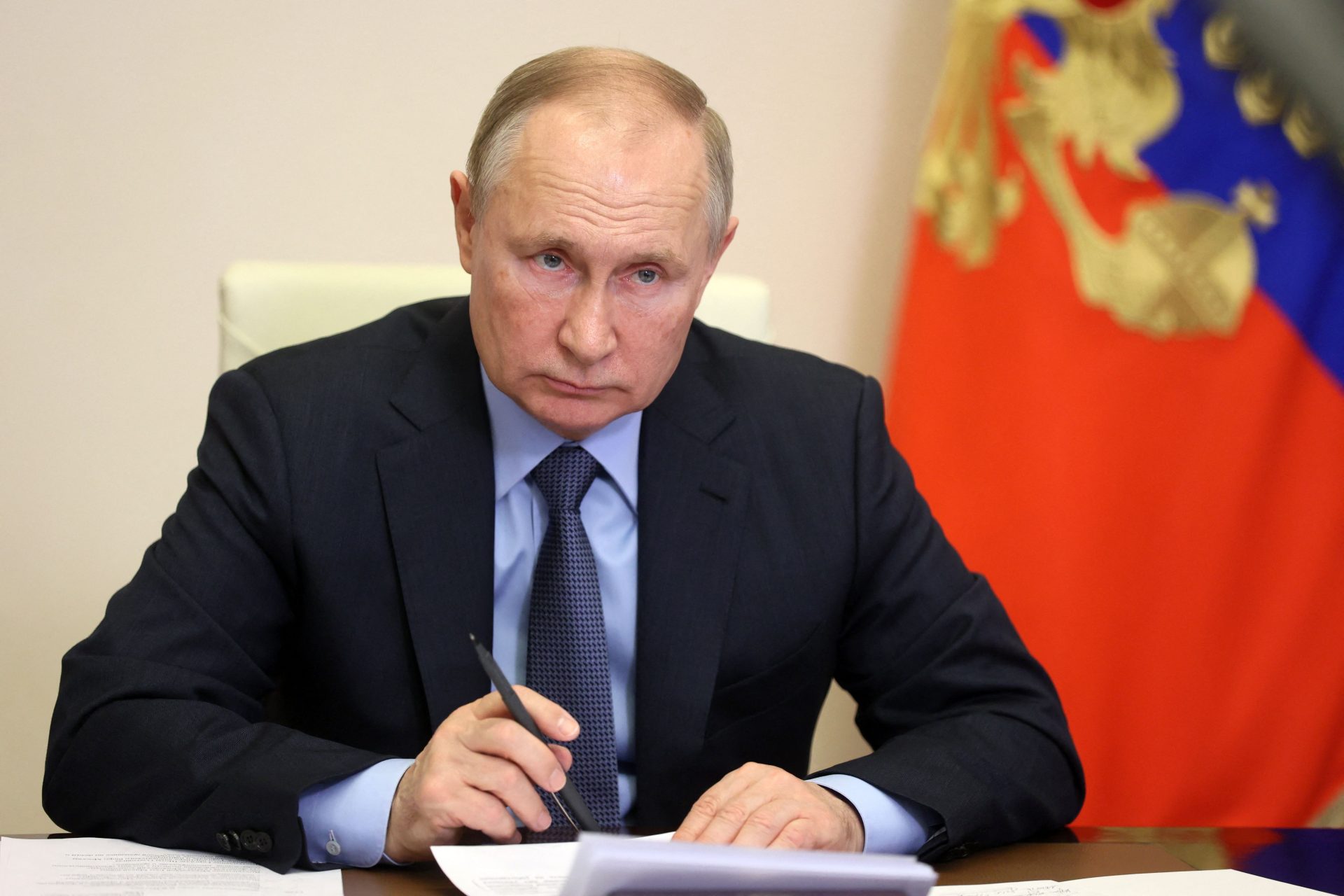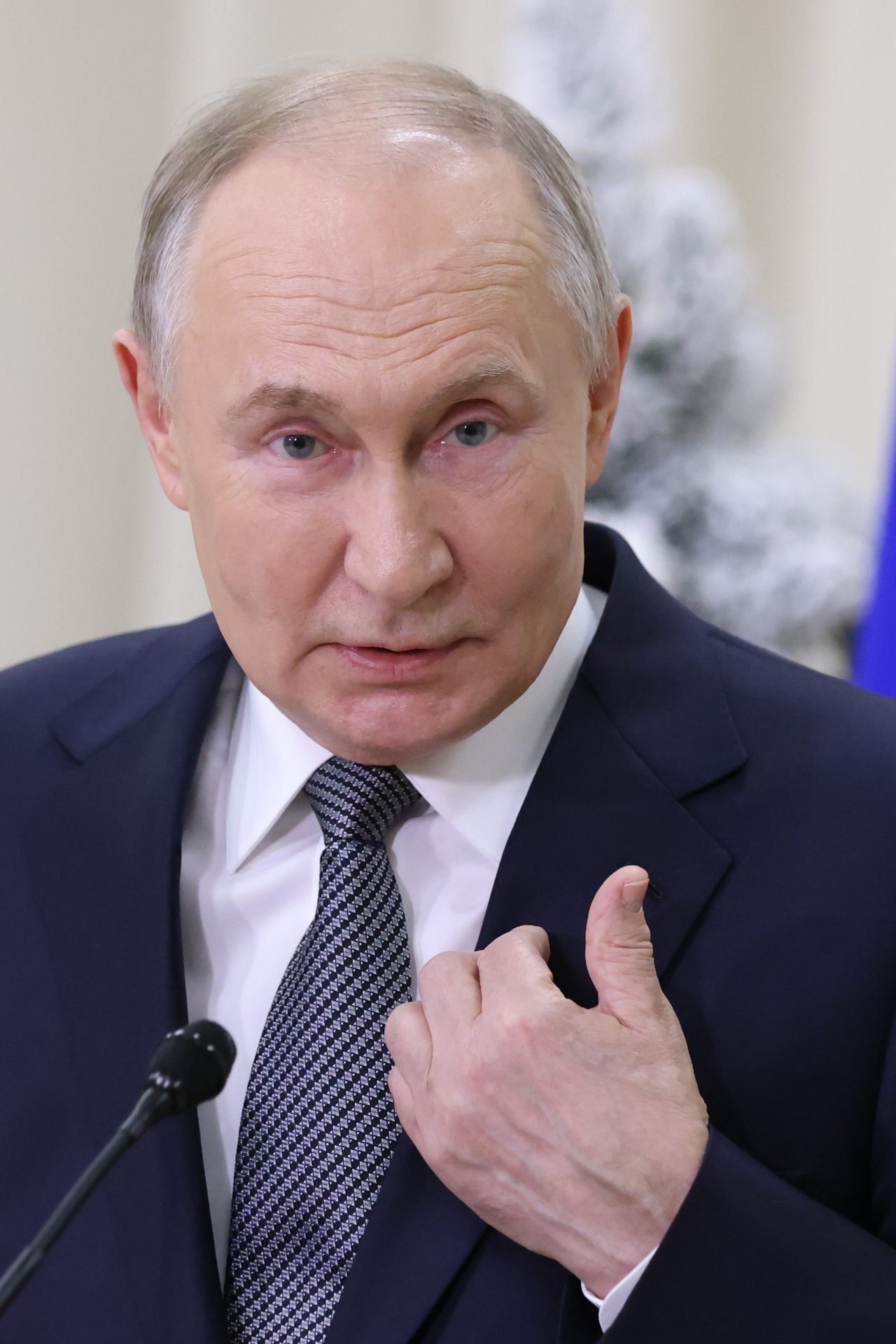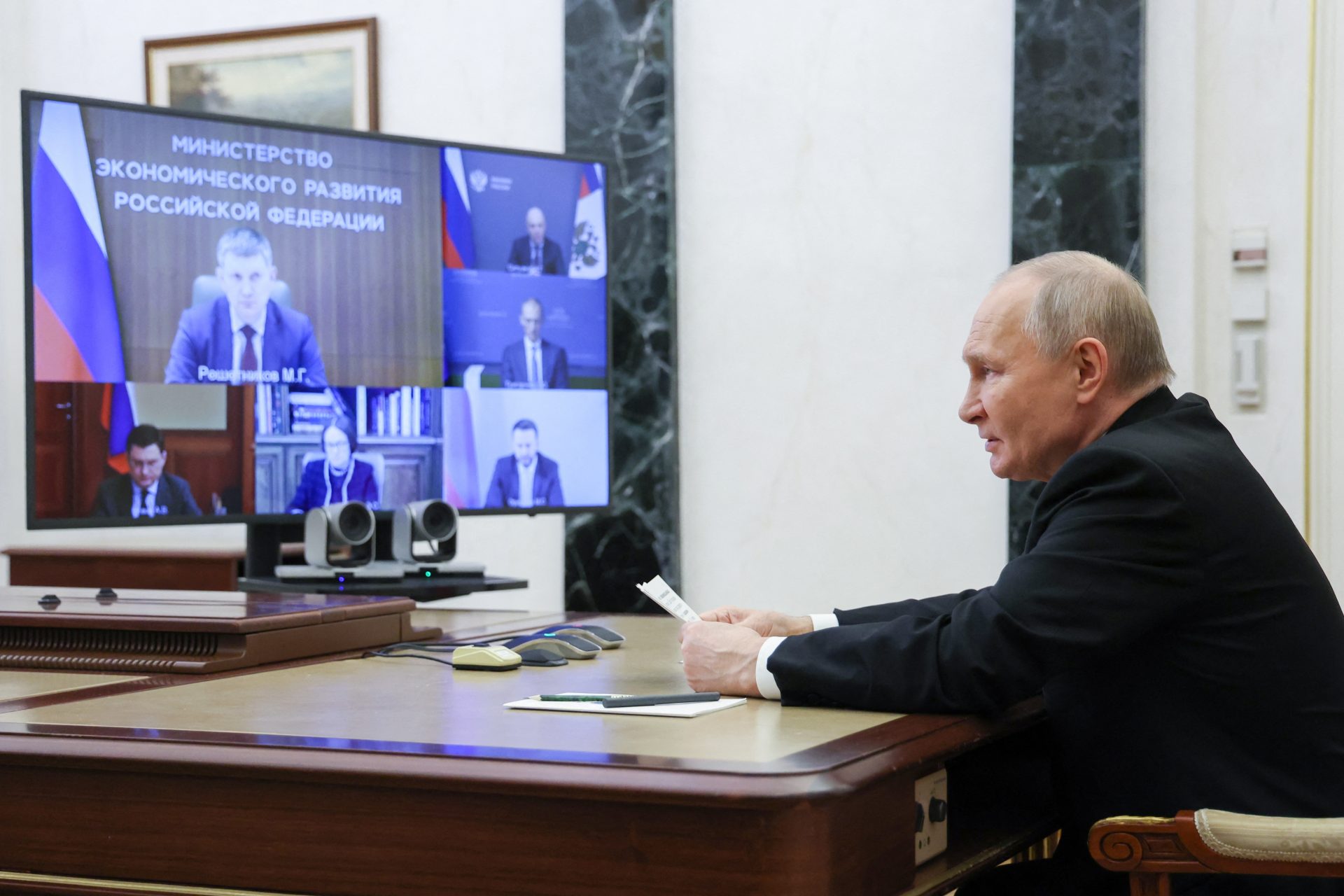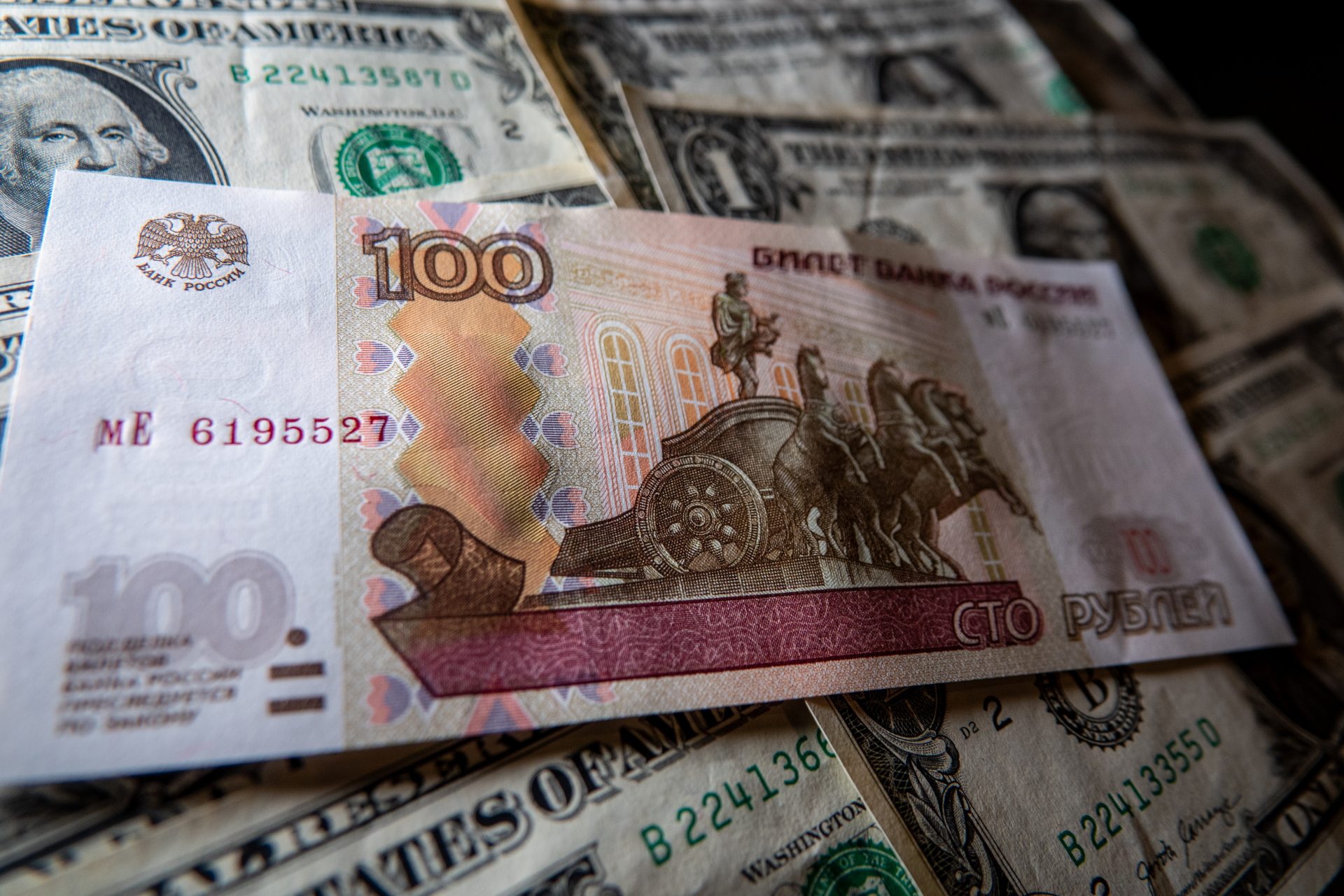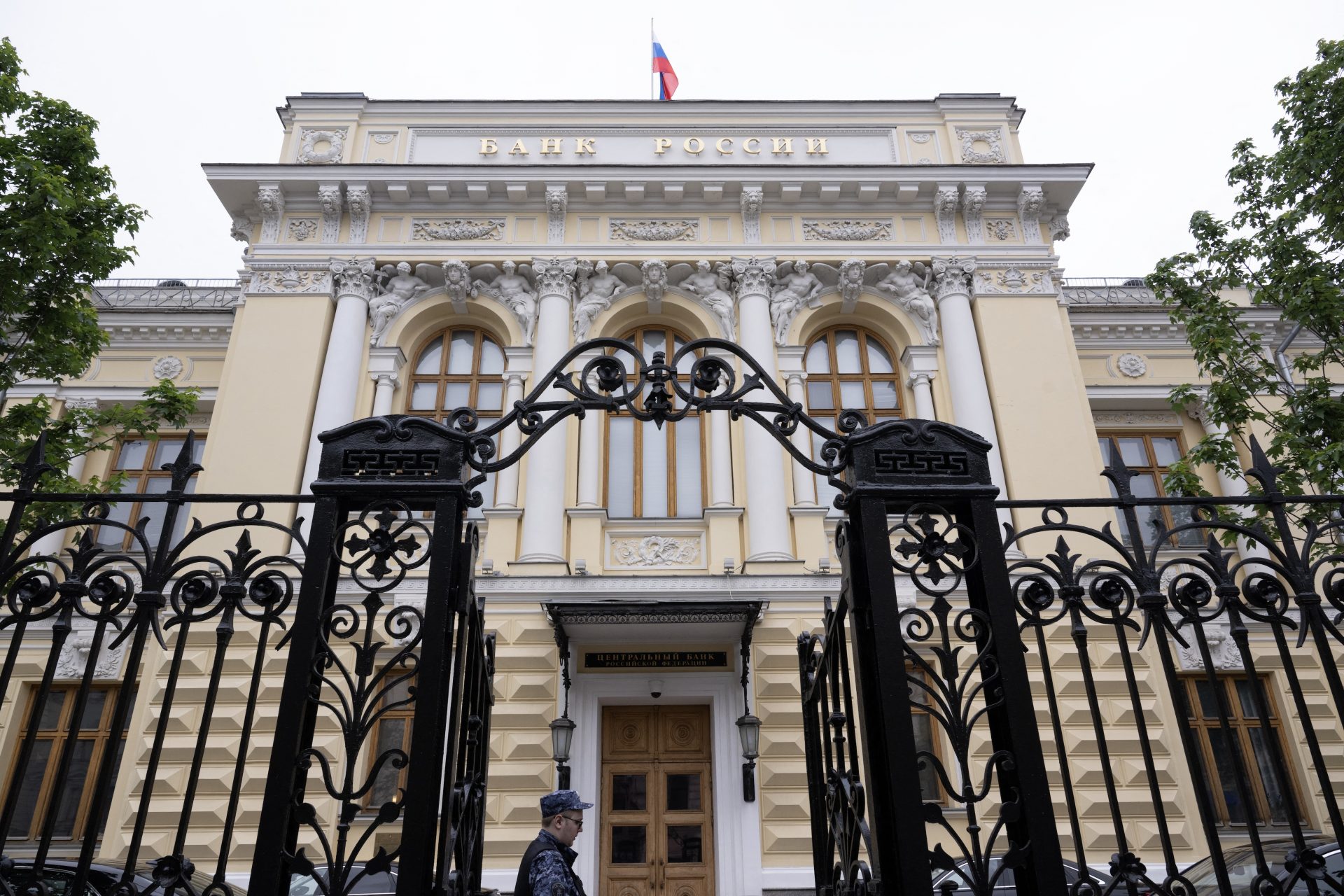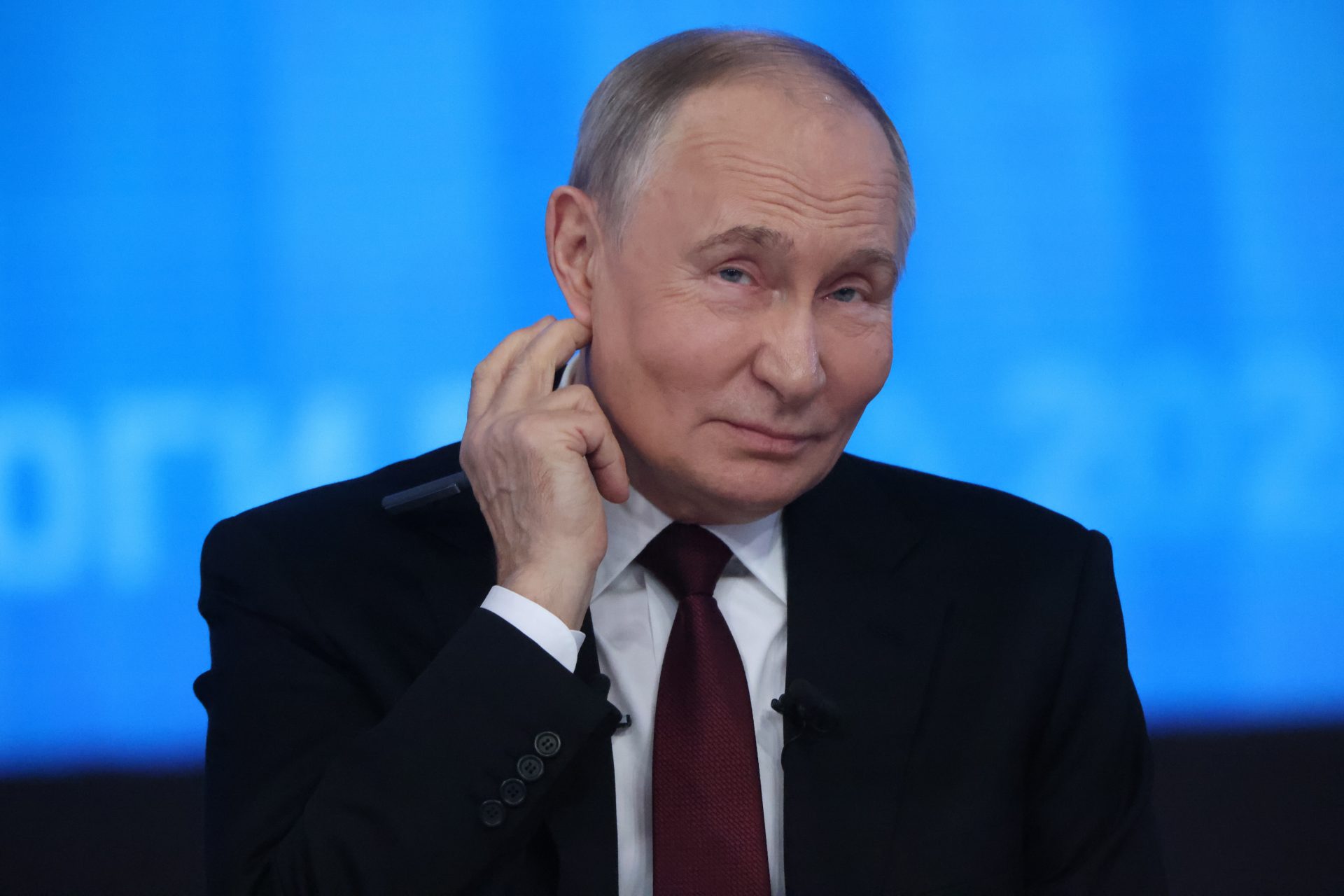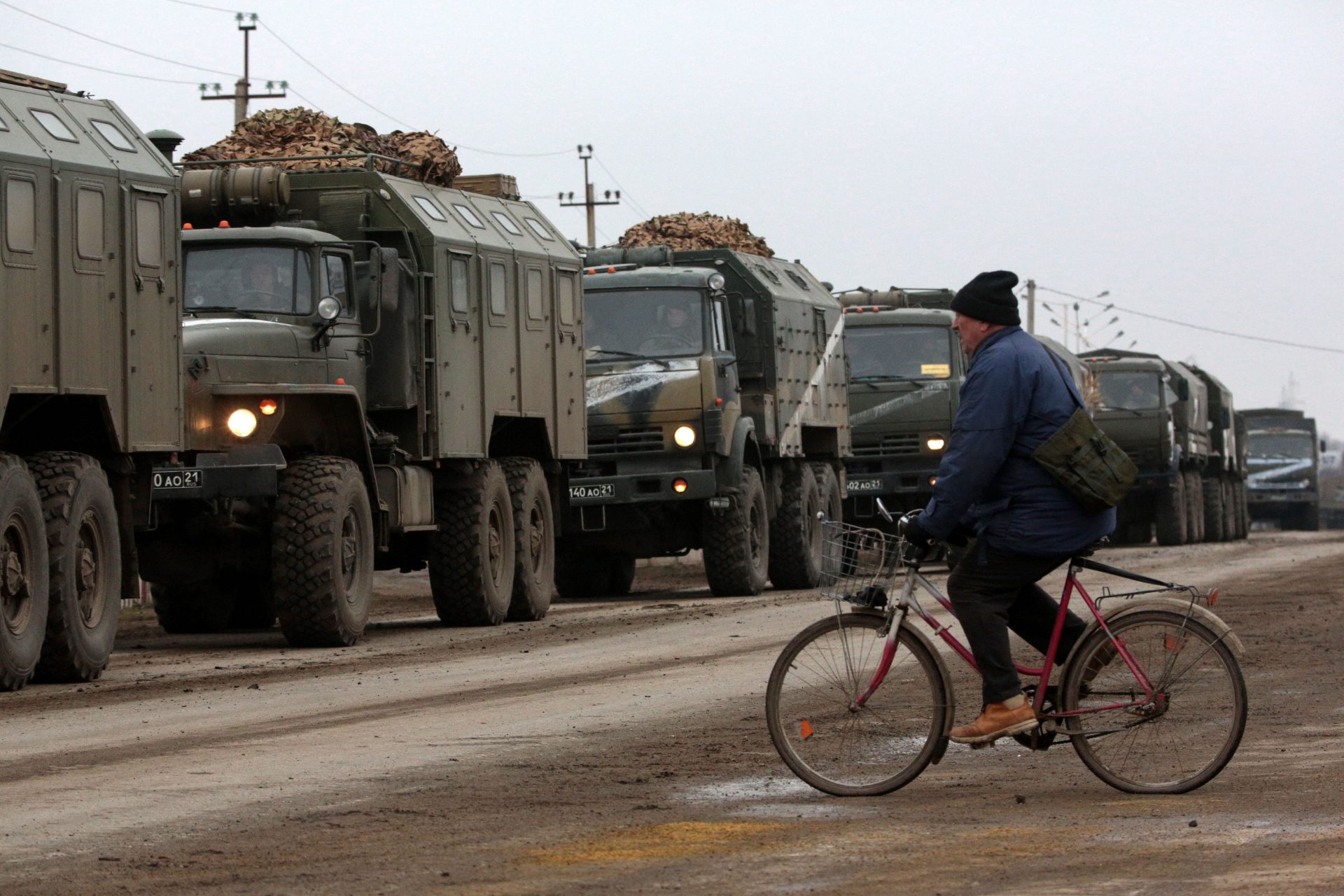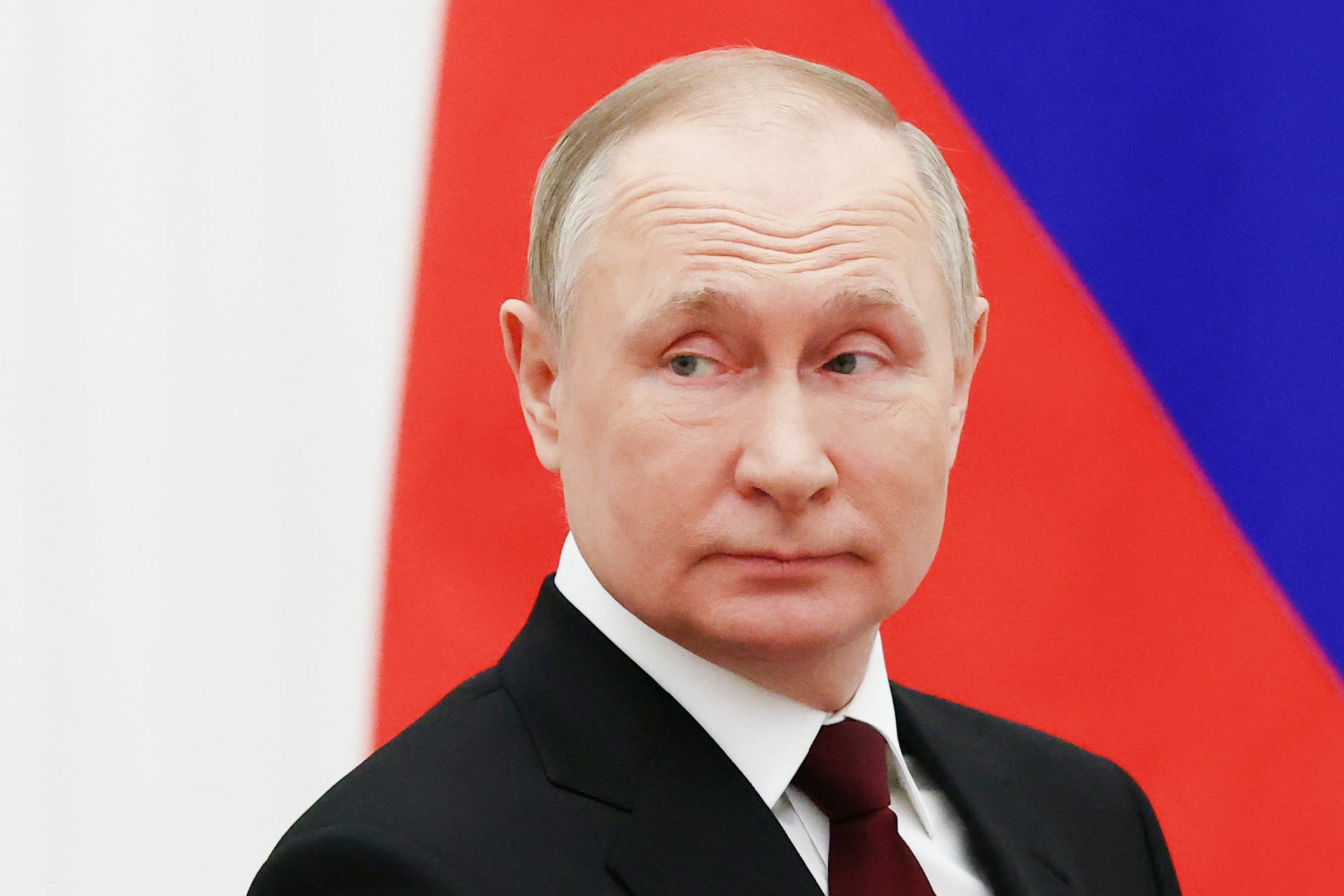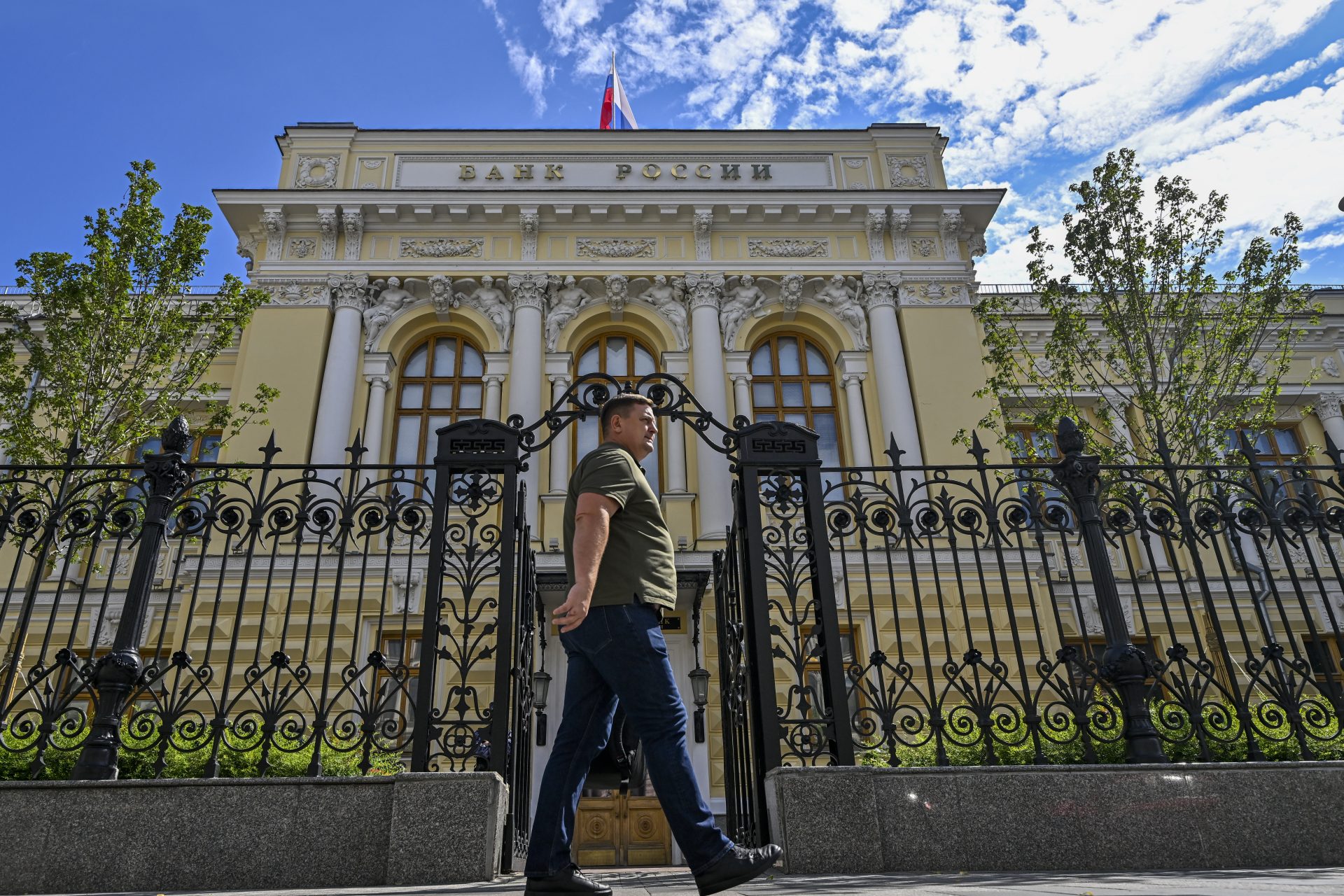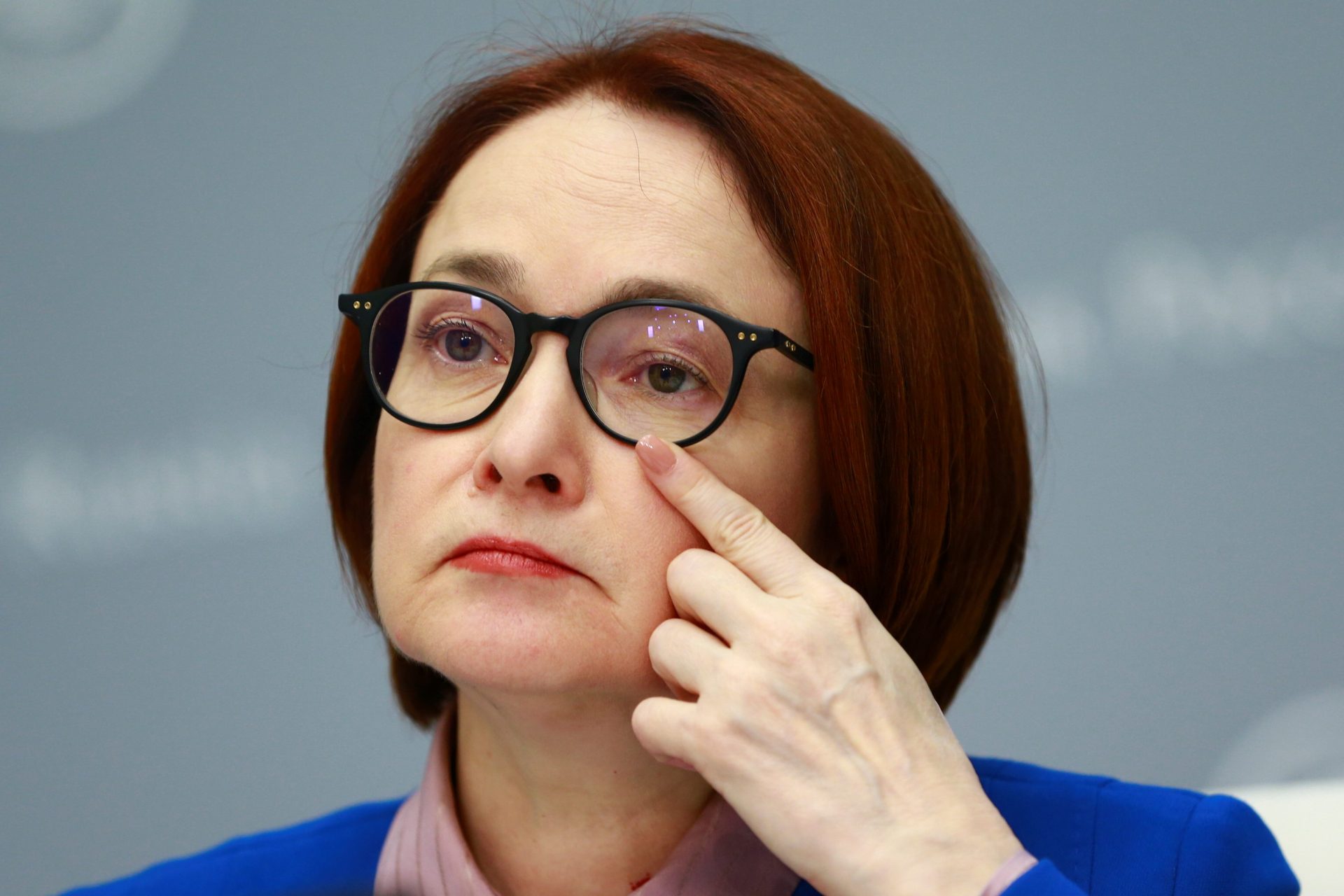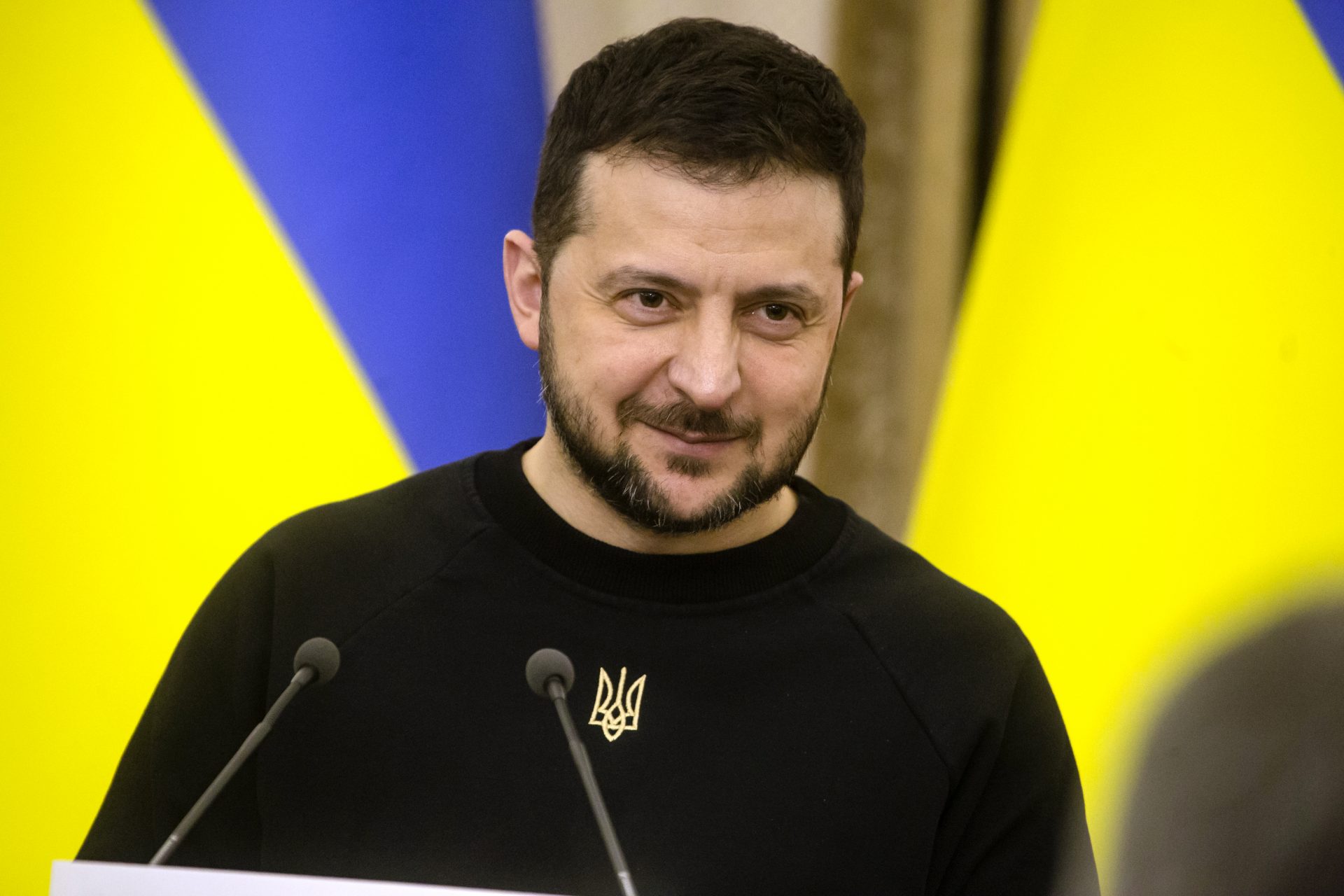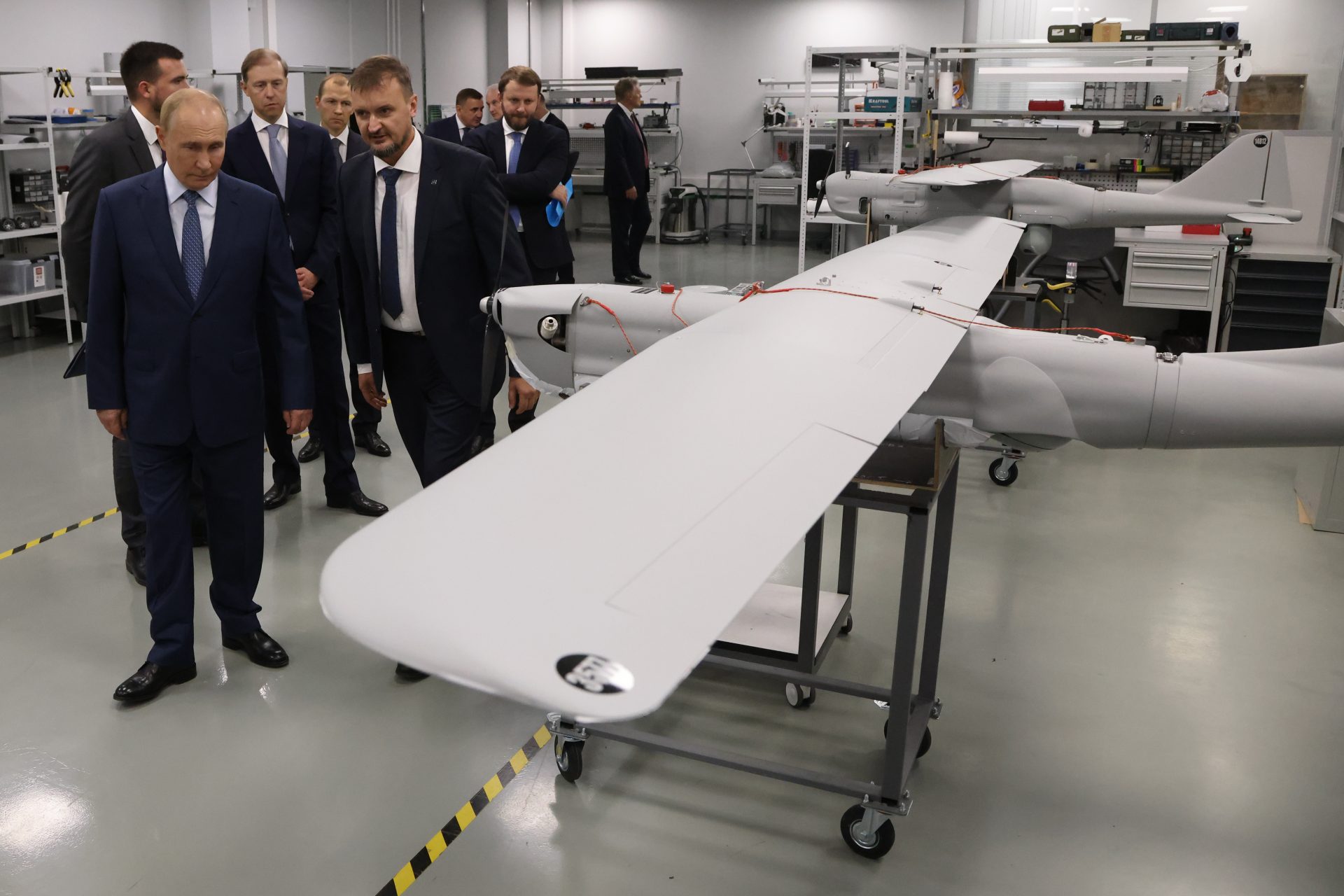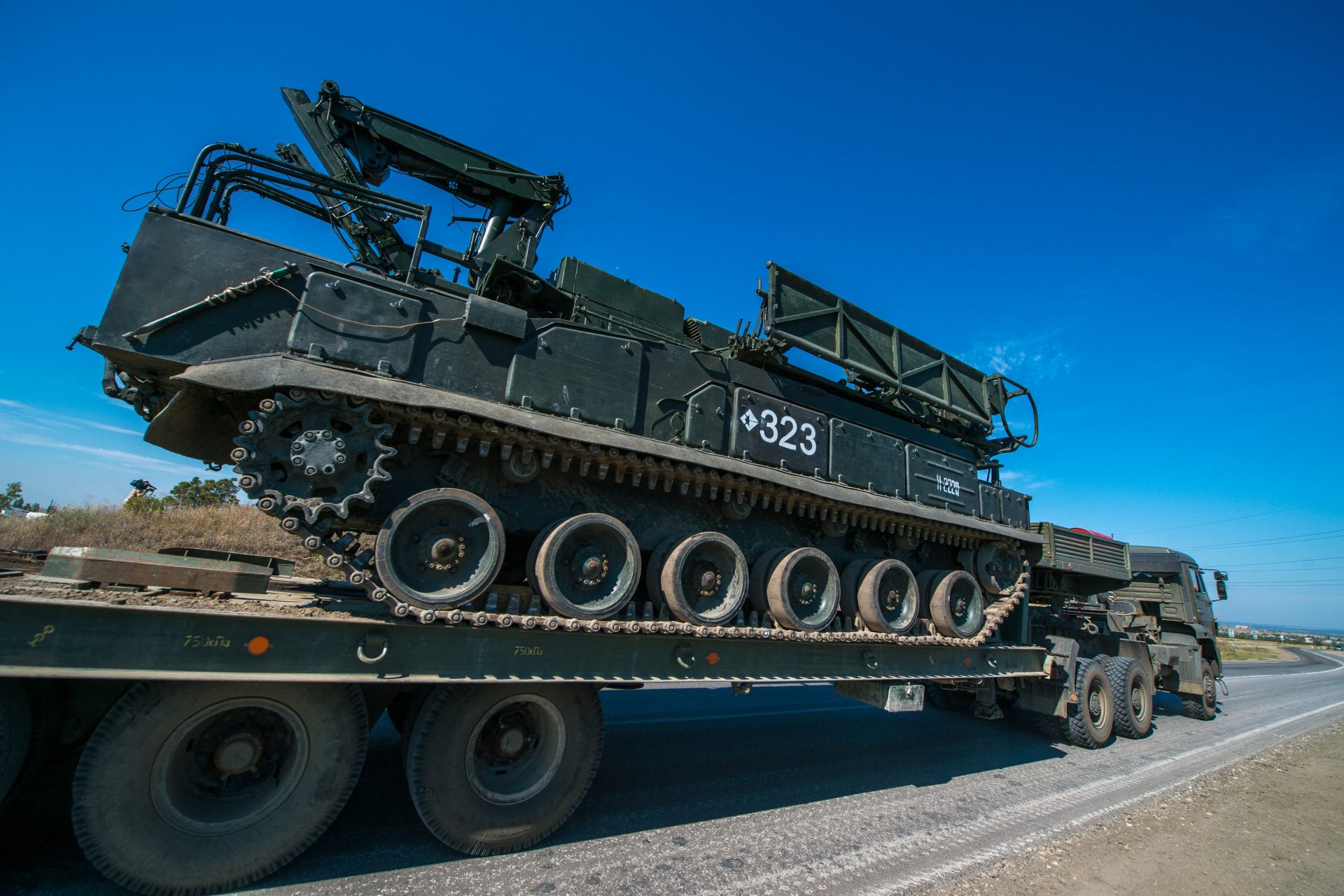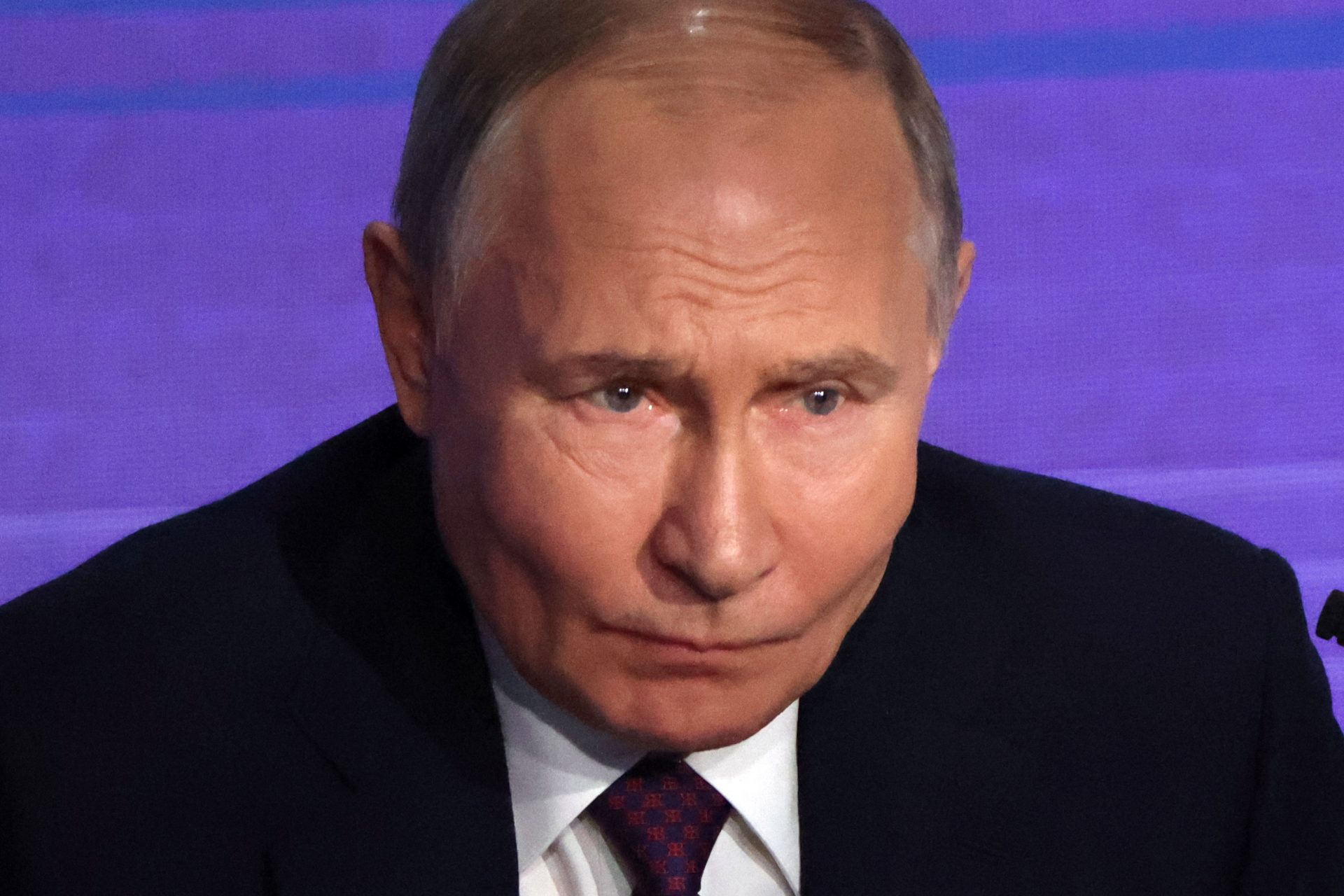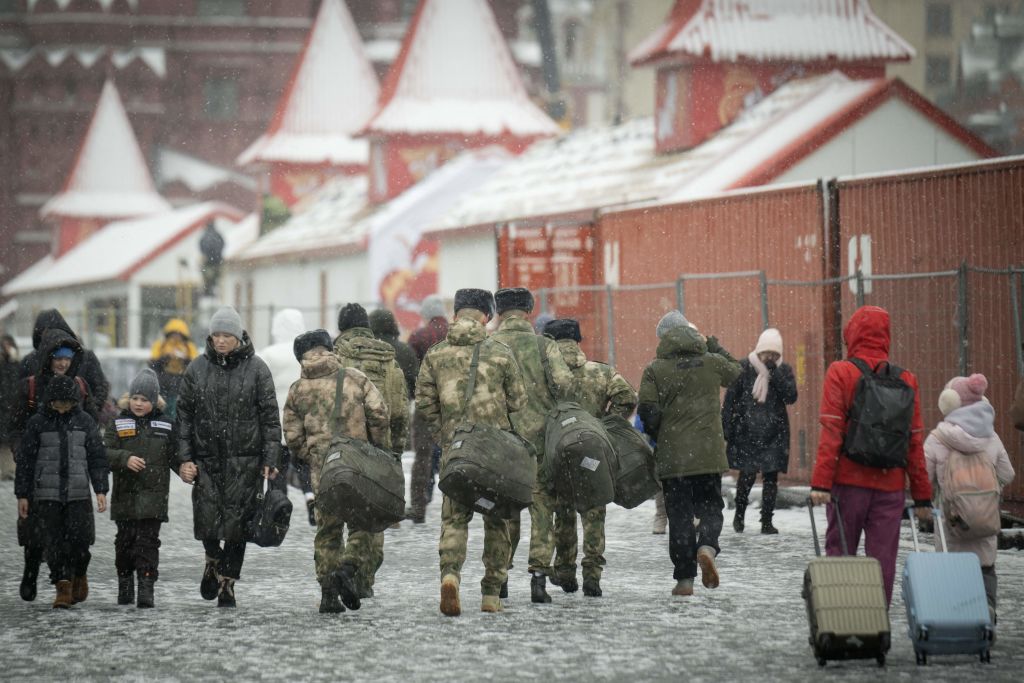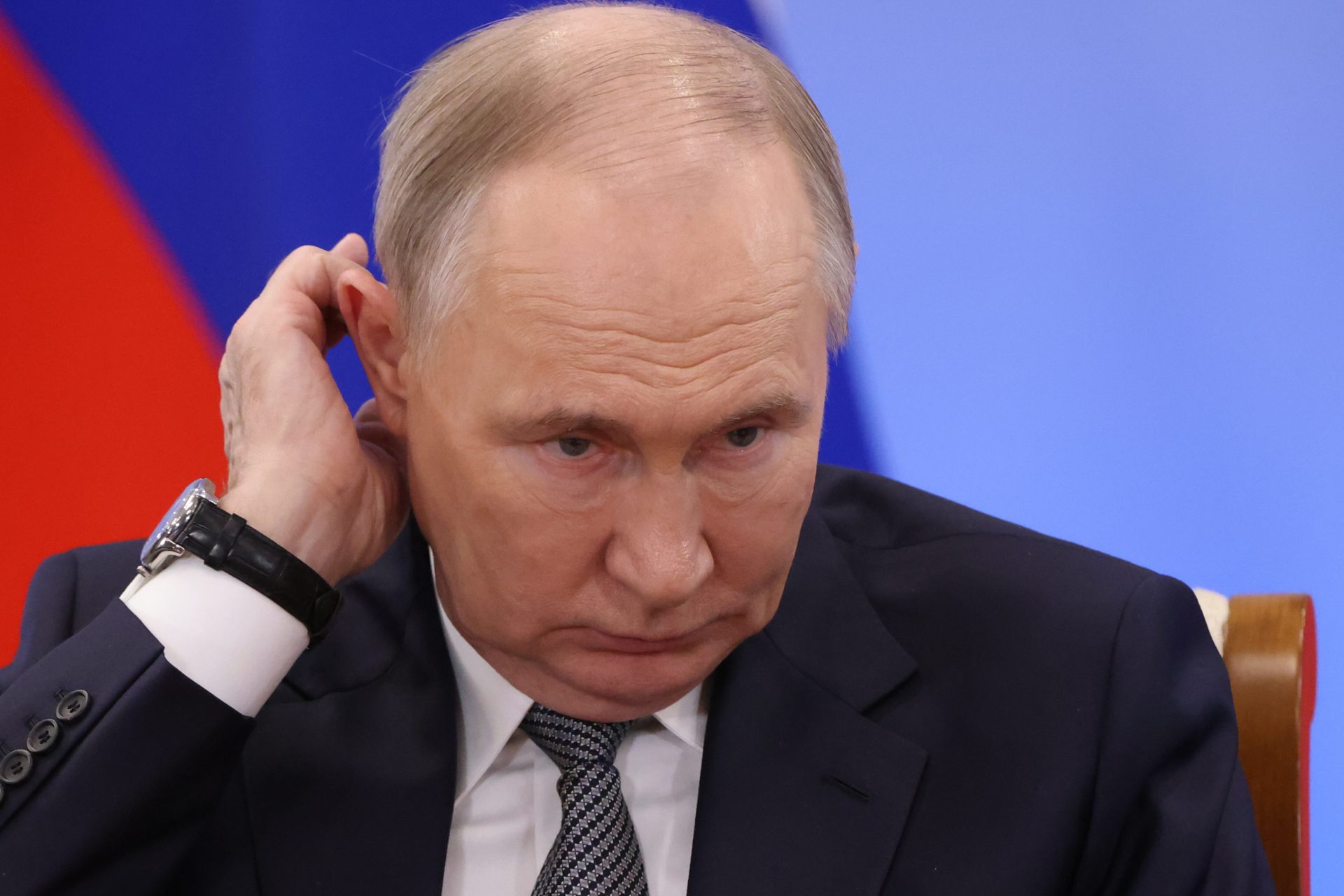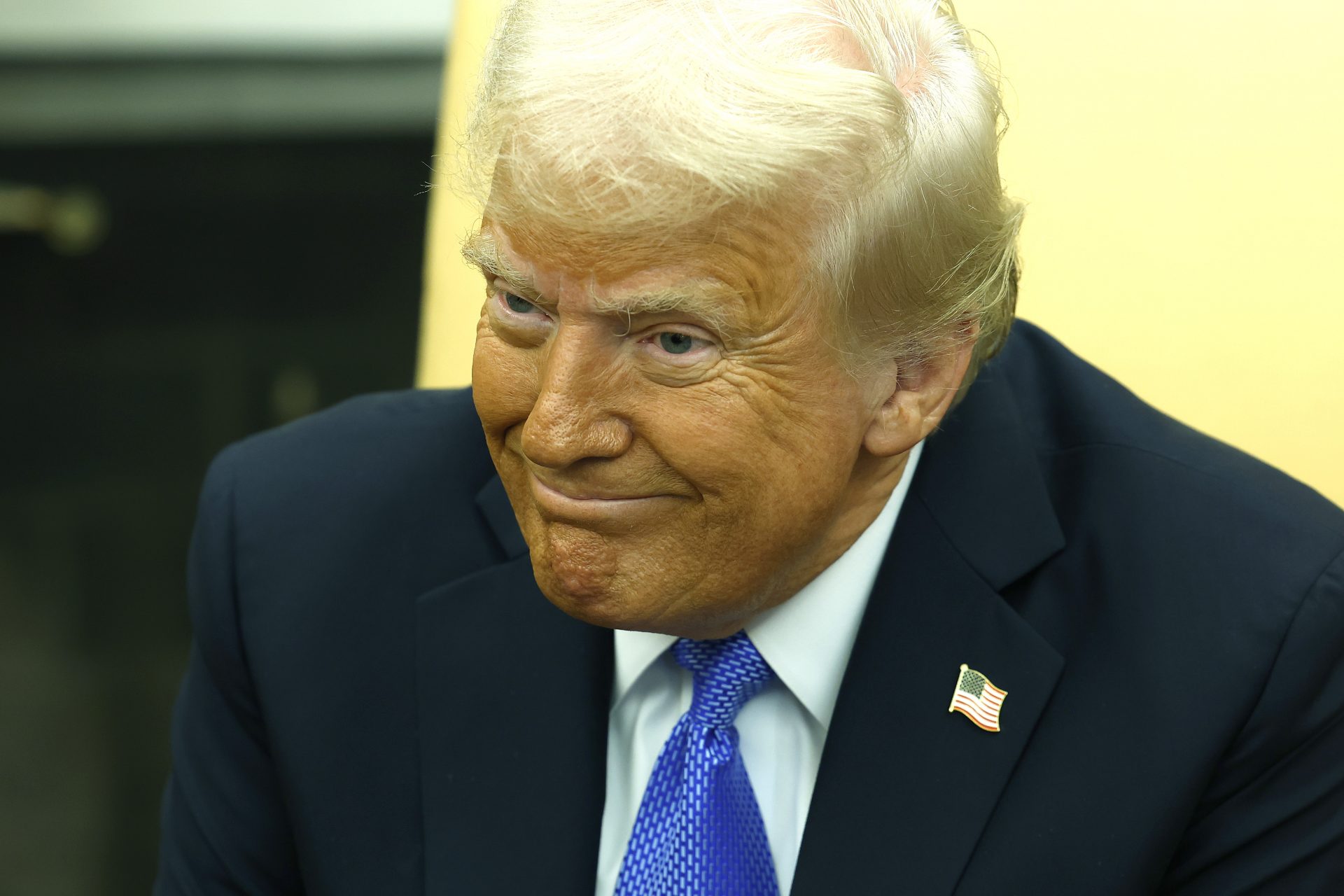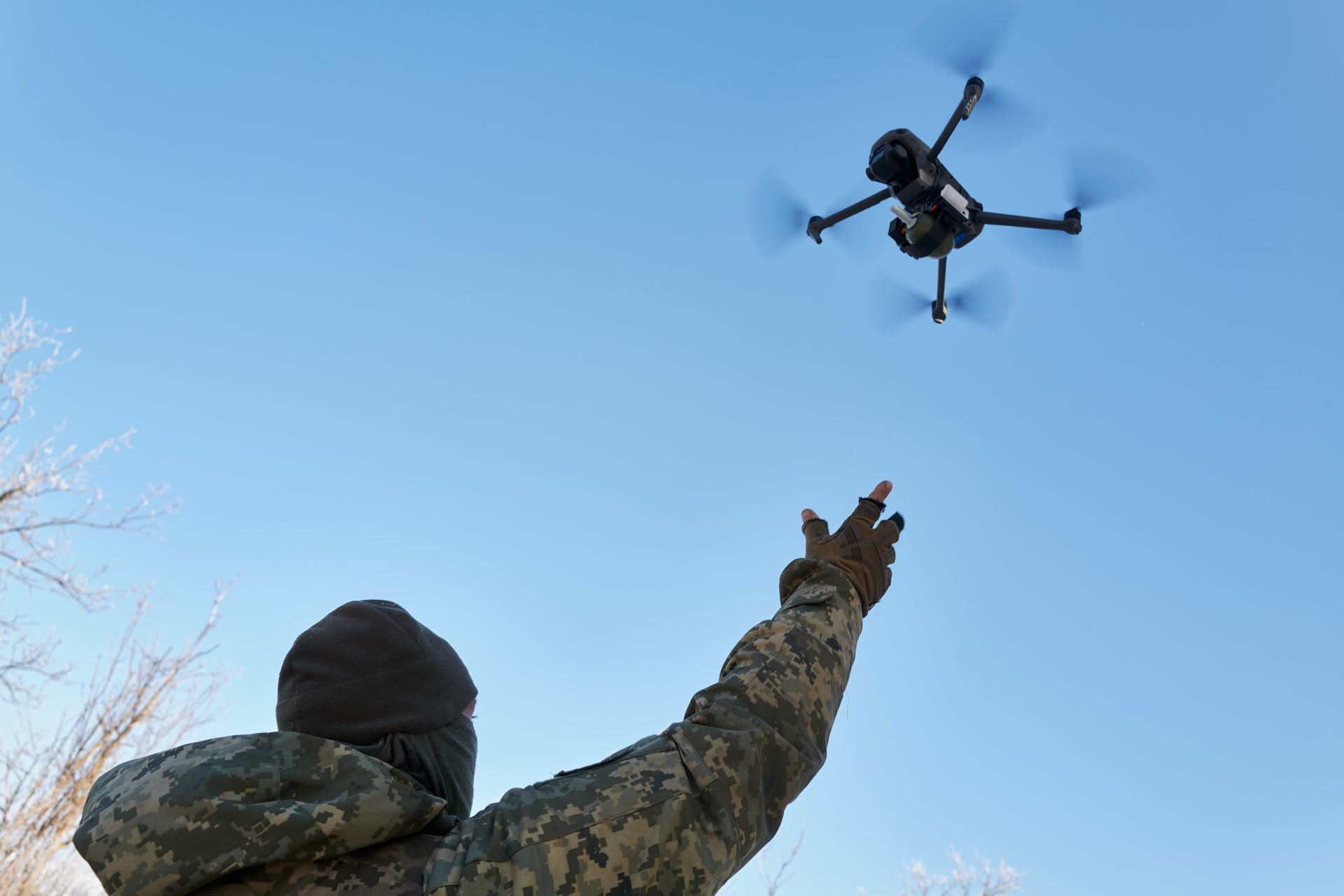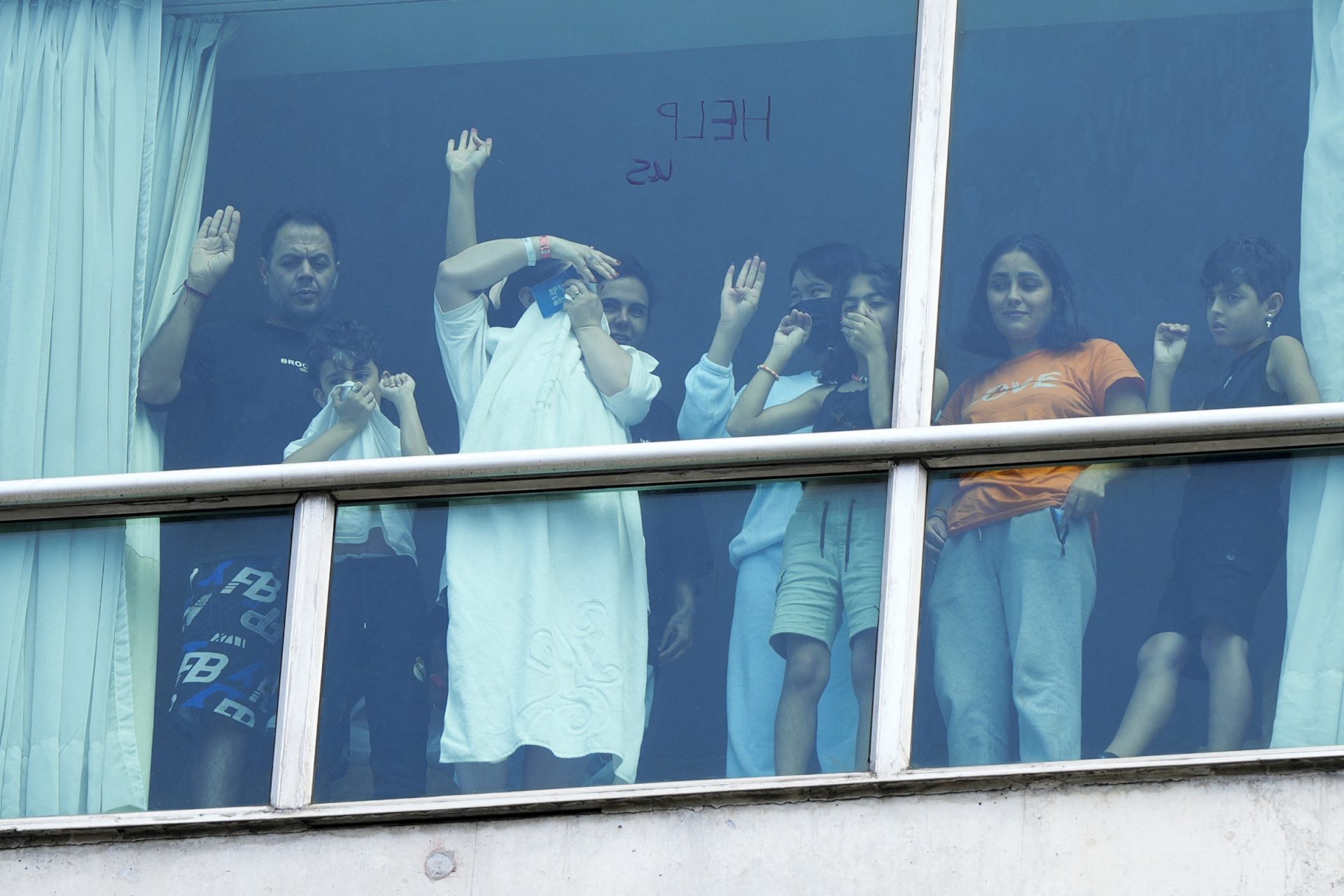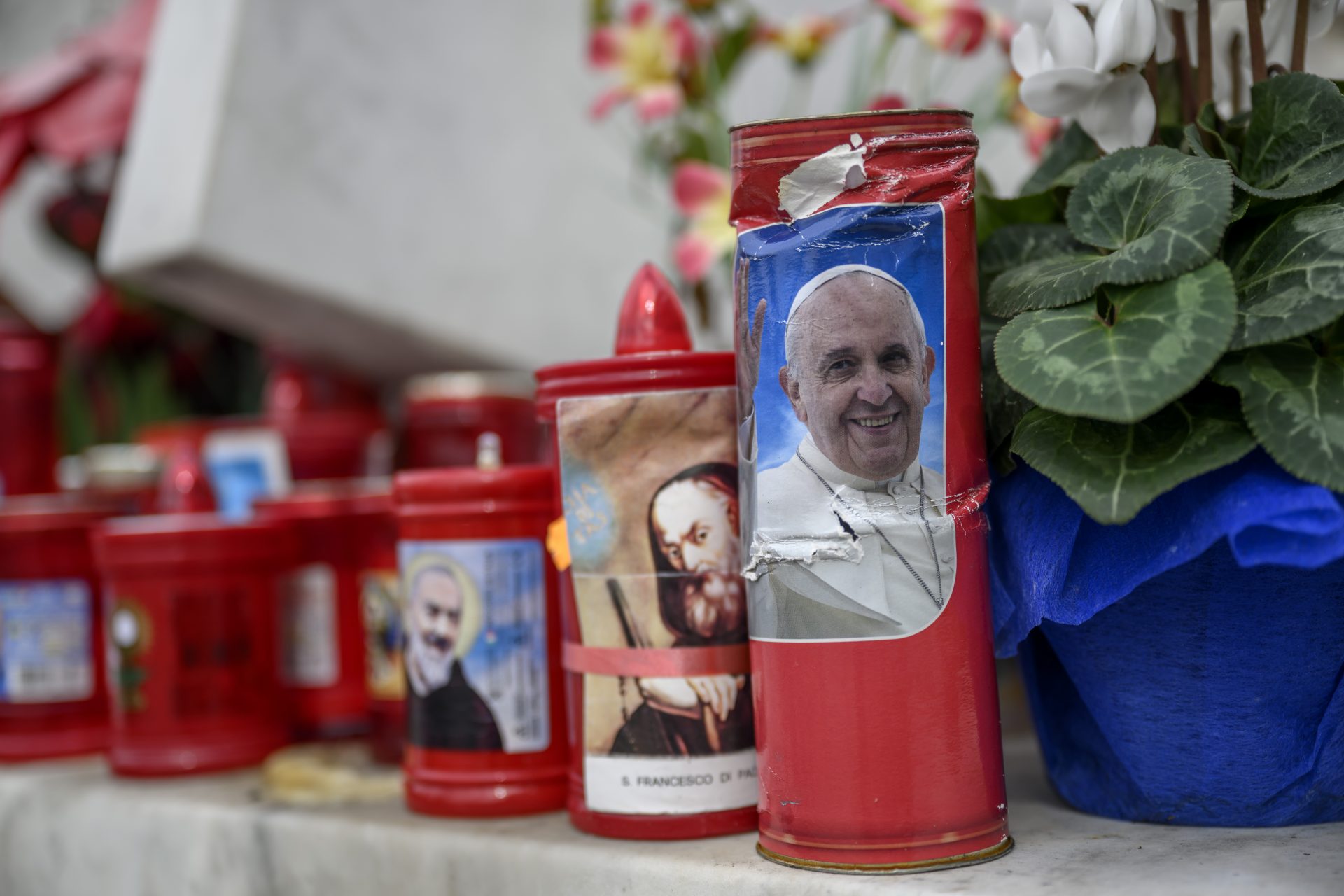How much longer will Putin be able to fund the war in Ukraine?
Russian President Vladimir Putin may claim that the Russian economy is ticking along just fine, but economist and author Anders Åslund believes that the Russian economy is in a very rough state and that it is far worse off than it appears from the outside.
Russia's economy is in so much trouble that Åslund even predicts that financial difficulties may be what causes Putin to end the war in Ukraine in 2025.
Åslund wrote an op-ed for Project Syndicate in late 2024 in which he claimed that a combination of financial, technological, and demographic factors was causing the Russian economy to head toward "near-stagnation."
In addition Åslund (who is also the author of the book 'Russia’s Crony Capitalism: The Path from Market Economy to Kleptocracy'), highlighted that Western sanctions are likely causing the GDP of the country to fall by 2-3% each year.
As of January 2025 Russia’s ruble was worth 102.82 RUB per American dollar. Back in November, 2024, as reported by CNBC, the ruble dropped to 114 against the US dollar, the weakest it had been since March 2022, after the war began.
CNBC highlights that the CBR, Russia's central bank was forced to intervene in November due to the crash, which sparked panic amongst Russians. CBR halted foreign purchases on the domestic currency market for the remainder of 2024, which helped the ruble to climb back up to 110 against the dollar.
Naturally, following the crash, Russian President Vladimir Putin tried to calm Russians, telling them they need not worry about the ruble depreciation and that the fluctuation was all down to budget payments and seasonal shifts.
So it is hardly surprising that one of the biggest questions that has been on the mind of those watching the economic catastrophe unfolding has been: will Moscow have the cash to continue funding its war?
Let’s back up and look at what’s been happening to Russia’s currency since its military forces invaded Ukraine as well as what sparked the ruble's downturn against the dollar.
The ruble crashed in the immediate aftermath of Russia’s invasion of Ukraine and slid to just 130 against the dollar after heavy sanctions were imposed on the country by the Western nations according to the Associated Press.
The Central Bank of Russia was able to eventually salvage the situation with a number of complicated policy moves that saved the country’s economy from ruin. But this move came at a heavy cost for Russian citizens.
Capital controls were put into place according to The Moscow Times and an emergency interest rate hike coupled with a surge in weapons production stabilized the ruble and it saved Moscow from a double-digit hit to its GDP.
The ruble stayed relatively stable for a time but by June 2022 the currency had already lost half of its value and has been on the downslide ever since. Much of the problem has to do with low oil prices and the cost of fighting in Ukraine.
Russia doubled its defense budget for 2023 to more than $100 billion dollars in order to cope with the cost of fighting in Ukraine—a figure that represented one-third of Moscow’s total budget according to a report from Reuters.
At the same time, the Western oil cap and lack of demand for Russian gas have taken a toll on the country’s economy. DW News spoke with author and former European Union diplomat Albrecht Rothacher, who explained why oil prices were affecting the ruble.
Essentially, the decoupling of European energy needs from Russia in combination with Western nations forced Russia to sell its oil below market value. This resulted in Russian oil and gas export revenue to fall from from $16.8 million in July 2022 to $6.9 million in July 2023.
However, things did improve for Russia slightly in 2024 in regards to gas revenue. According to Bloomberg in 2024 Russian gas and oil revenues increased by 26% to $108bln.
Unfortunately for the Kremlin, the future of Russian however, is not looking good and there will likely be a significant decrease in gas revenue in 2025 due to Ukraine turning off Russian gas lines and Europe speaking of plans to end all Russian gas imports.
DW News added that another likely factor that has negatively affected the Russian economy during the past few years of war was the withdrawal of foreign companies from Russia, and the news agency quoted statistics from Bloomberg Economics showing that foreign companies sold off $15 billion to $20 billion in Russian assets in 2022.
The Russian economy has also been affected by, as economist Anders Åslund calls it in his piece for Project Syndicate , "the brain drain." Russia's best in the world of technology have fled the country due to a combination of Western sanctions and repression.
Another area in which Russia is suffering is in weapons exports. The publication Fortune reports that "weapons exports have collapsed as demand from the country’s own troops prevents sales to foreign countries."
As Fortune highlights, since Russia cannot raise funds on global financial markets and is forced to rely on reserves, the Russian annual budget deficit in 2024 was limited to just 2% of GDP, roughly $40 billion.
Åslund claims that the liquid reserves in Russia's national wealth fund were only at $55 billion as of March 2024 and according to his calculations, Russian state reserves could dry up in 2025.
In 2025, it seems like Russia is going to face massive challenges getting the math for its budgets to work out. Reuters reported that Russia upped its national defense budget by a quarter in 2025 to 6.3% of gross domestic product. Defence spending will increase by $145bn in 2025.
As the war in Ukraine inches towards its third anniversary, Anders Åslund told Fortune he believes that the Kremlin is running out of places to make cuts to make the budget work. This makes it seem more and more likely that economics could cause Putin to finally consider peace talks and consider ending the war in Ukraine.
More for you
Top Stories



